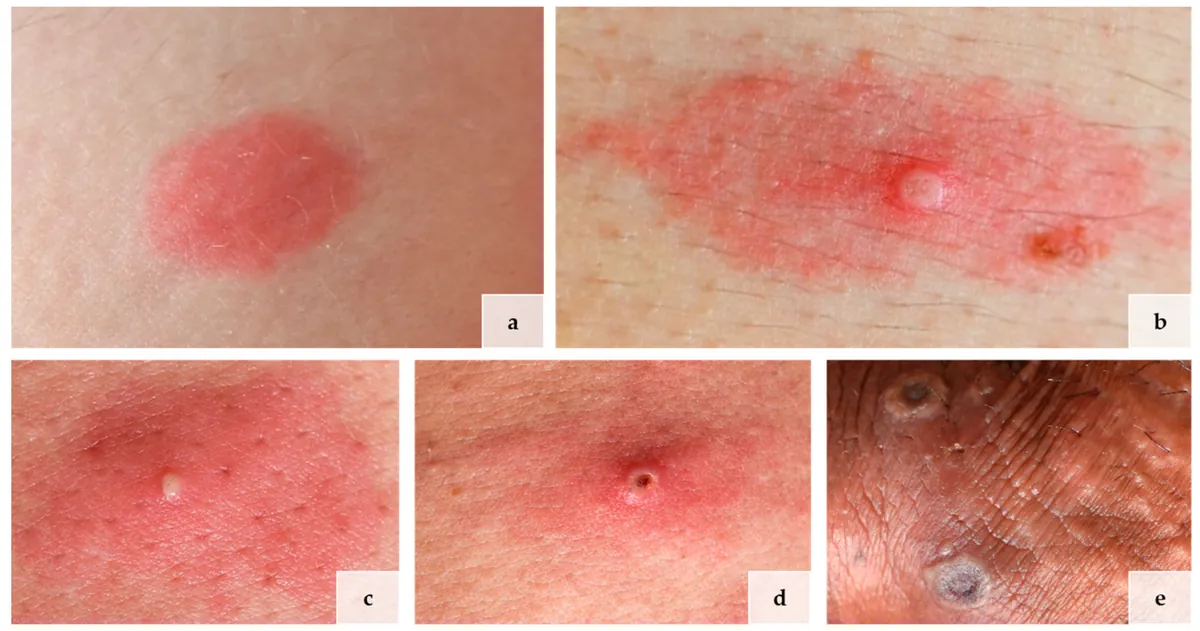The European Centre for Disease Prevention and Control (ECDC) has elevated its risk assessment for mpox from "low" to "moderate" as of August 11, 2024. This decision comes in response to the emergence of a new variant and its potential spread beyond Africa.
Pamela Rendi Wagner, director of the ECDC, emphasized the need for preparedness: "Due to the close links between Europe and Africa, we must be prepared for more imported clade I cases." The agency is urging countries to maintain high levels of awareness, particularly among travelers from affected areas.
The current outbreak originated in the Democratic Republic of Congo with an endemic strain known as clade I. However, a new variant, clade Ib, has emerged, demonstrating increased transmissibility through routine close contact, including sexual interactions.
On August 15, 2024, Sweden confirmed its first case of the clade Ib variant, marking the initial instance of this strain outside Africa. This development has prompted health authorities to heighten surveillance and control measures.
The World Health Organization (WHO) declared the African mpox outbreak a public health emergency on August 14, 2024, following the spread of clade Ib to neighboring countries.
Despite these developments, the ECDC maintains that the likelihood of sustained transmission in Europe remains very low, provided that imported cases are swiftly diagnosed and appropriate control measures are implemented.
Mpox, formerly known as monkeypox, is a viral infection that typically causes flu-like symptoms and distinctive pus-filled lesions. While generally mild, it can be fatal in rare cases. The disease was first identified in humans in 1970 in the Democratic Republic of Congo and has since been endemic in parts of Africa, particularly tropical rainforest regions.
"Due to the close links between Europe and Africa, we must be prepared for more imported clade I cases."
The ECDC recommends that public health authorities plan and prepare for rapid detection of any clade I cases that may reach Europe. With proper surveillance and control measures, the agency predicts the impact of this strain will be low in Europe.
It's important to note that mpox can spread through close contact with infected animals, people, or contaminated materials. The incubation period typically ranges from 7 to 14 days, but can extend up to 21 days. Symptoms usually appear 6-13 days after exposure.
While the current situation requires vigilance, it's worth mentioning that the smallpox vaccine has shown to be about 85% effective in preventing mpox. This existing tool may prove valuable in controlling potential outbreaks.
As health authorities continue to monitor the situation, the public is advised to stay informed and follow any guidelines provided by local health agencies to minimize the risk of transmission.
